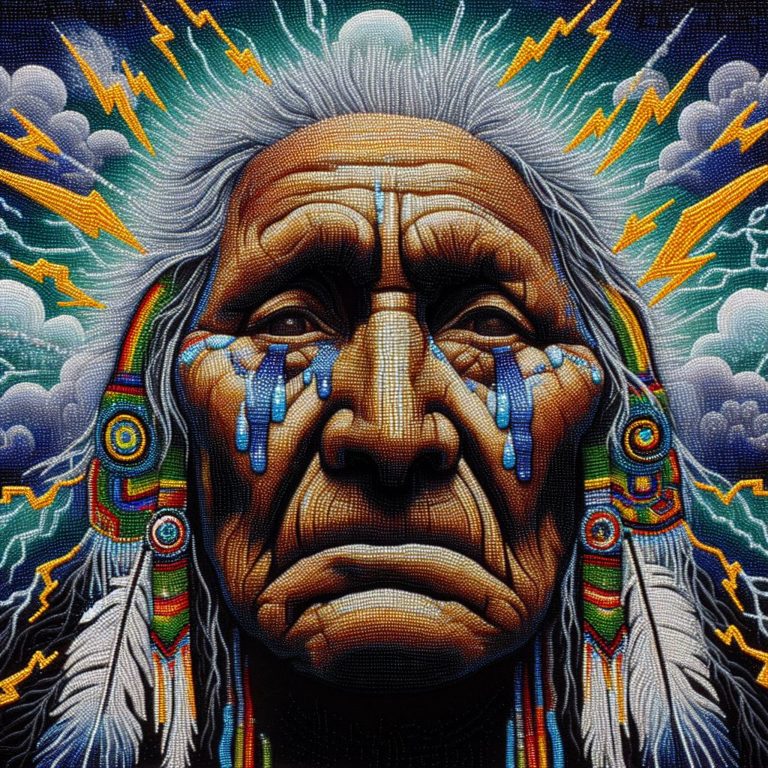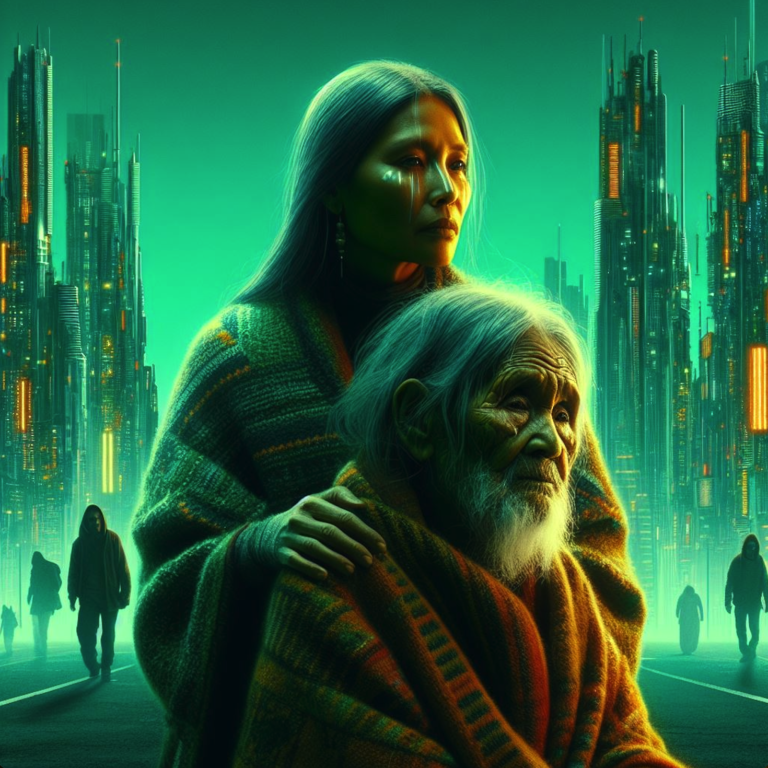
The Right to Comfort and Decolonization
The ‘right to comfort’ is an unstated privilege often embedded within white consciousness—a belief that comfort, ease, and a seamless existence are almost natural rights that should not be disrupted. This psyche manifests when white people engage with decolonization in ways that do not threaten their standing, power, or material benefits. It becomes evident when hard truths about colonial legacies are met with defensiveness or calls for civility rather than reflection and action (Tuck & Yang, 2012).

Navigating the Intersections of Identity: Understanding Mobbing Among Indigenous Female Academics through an Intersectional Lens
Abstract Mobbing in the workplace is a severe form of harassment that can have lasting effects on the victims. For Indigenous women in the academy, these experiences are compounded by intersecting oppressions stemming from their gender, race, ethnicity, culture, and sometimes socioeconomic status. This essay explores the phenomenon of mobbing as experienced by Indigenous female…

White Saviorism: A Barrier to Genuine Indigenization Efforts
Abstract White saviorism is a pervasive and complex phenomenon that has significant implications for Indigenous peoples’ struggles for sovereignty, empowerment, and decolonization. By positioning white individuals as the primary agents of change and saviors of Indigenous communities, white saviorism undermines the efforts toward genuine Indigenization. This blog analyses the detrimental impact of white saviorism on…

INDIGENIZING CITATIONS: A RESOURCE FOR ACADEMICS WHO WANT TO DECOLONIZE
ᐱᒫᑕᐣ pimâtan “Living” Citations


Dispossessed on Their Own Lands Occupied by Canada: Tackling the Crisis of Indigenous Houselessness
The pervasive issue of houselessness among Indigenous peoples in Canada not only reveals the depth of societal divides but also calls for a significant paradigm shift in societal thinking and problem-solving approaches. The growing visibility of ‘tent cities’ and widespread homelessness is a stark indicator of these divisions. To effectively address these challenges, Canadian society must transition from an individualistic mindset to one that embraces Indigenous wholistic perspectives.

Embracing the Winter Solstice: A Call for Transformation and Respectful Engagement
As the Winter Solstice approaches, bringing the longest night of the year, we are presented with a profound opportunity for self-reflection and transformation. This time, marks a period of renewal and rebirth, symbolizing the cyclical nature of life and the interconnectedness of all things. Indigenous communities often observe this celestial event with an array of rituals, ceremonies, and stories, each imparting wisdom and connecting them to the rhythms of the earth. This period offers a unique lens for organizations to reevaluate and reshape their engagement with Indigenous peoples, embracing practices of Indigenization, decolonization, and reconciliation.

Unraveling the Impact of Social Dominance Orientation on Pathways to Indigenization, Reconciliation, and Decolonization: A Preliminary Analysis
Social Dominance Orientation (SDO) is a construct in social psychology that measures an individual’s preference for inequality among social groups. People high in SDO tend to prefer hierarchies and endorse ideologies that maintain their group’s dominance. This orientation impacts attitudes toward social policies and intergroup relations. The relevance of SDO becomes particularly poignant when discussing Indigenization, reconciliation, and decolonization, especially in contexts like Canada, where these processes are integral to addressing historical and ongoing injustices against Indigenous peoples.

Beyond Symbolism: Embracing Indigenous Law for Transformative Reconciliation in Canada
The resignation of CN Rail’s Indigenous advisory council, as highlighted in Shari Narine’s report, is more than a corporate failure; it is emblematic of a systemic issue in reconciliation efforts in Canada. This incident underscores a crucial need for a fundamental shift not only in attitudes and acknowledgments but also in concrete policy, mandate, and…